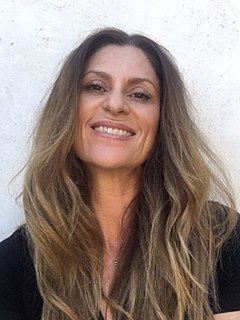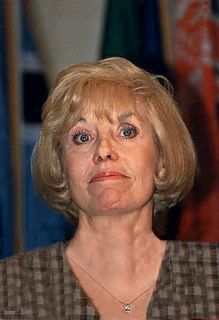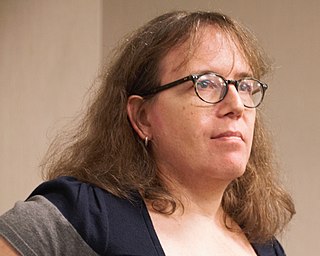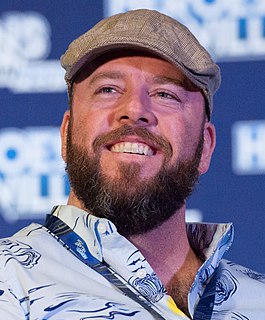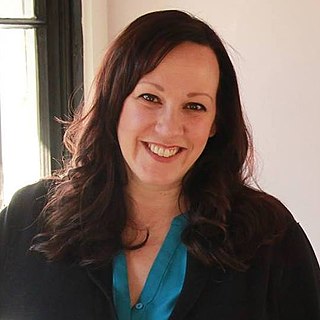A Quote by Jessica Chastain
We need to understand that femininity is not weakness. And our society, for some reason, equates the two.
Quote Topics
Related Quotes
Many of us reject all of the inferior meanings and connotations that others project onto femininity - that it is weak, artificial, frivolous, demure, and passive - because for us, there has been no act more bold and daring than embracing our own femininity. In a world that is awash in antifeminine sentiment, we understand that embracing and empowering femininity can potentially be one of the most transformative and revolutionary acts imaginable.
Myths are stories for our search through the ages for truth, for meaning, for significance. We all need to tell our story and to understand our story. We all need to understand death and to cope with death, and we all need help in our passages from birth to live and then to death. We need for life to signify, to touch the eternal, to understand the mysterious, to find out who we are.
I'm very sensitive about the fact that there's not a lot of good work for women in cinema that also deals with strong characters. But 'strong character' doesn't mean 'masculine character' - but something that finds the strength in femininity and the beauty in femininity. And something that says you can find femininity in men in some way.
Civil society people - these are the people - civil society groups are the people who need to monitor the aid to ensure that the aid is directed to what it is supposed to. And in order for them to do so, they need to have the space, they need to have the freedom, and they need to have the right to demonstrate, and to petition their government. They can't do that in Ethiopia; they can't do that in Eritrea; and so this is why I was cautioning that we may be repeating some of our old mistakes.
It is very important for I think those of us who desperately want peace, who see war as, at some level, a break-down, a manifestation of human weakness, to understand that sometimes it’s also necessary – and you know, to – to be able to balance two ideas at the same time; that we are constantly striving for peace, we are doubling up on our diplomacy, we are going to actively engage, we are going to try to see the world through other people’s eyes and not just our own.
?W. H. Auden once suggested that to understand your own country you need to have lived in at least two others. One can say something similar for periods of time: to understand your own century you need to have come to terms with at least two others. The key to learning something about the past might be a ruin or an archive but the means whereby we may understand it is--and always will be--ourselves.
We have more than two options. A critique of reason does not have to be a call for the return of superstition and arbitrary power. Our problems do not lie with reason itself but with our obsessive treatment of reason as an absolute value. Certainly it is one of our qualities, but it functions positively only when balanced and limited by the others.

